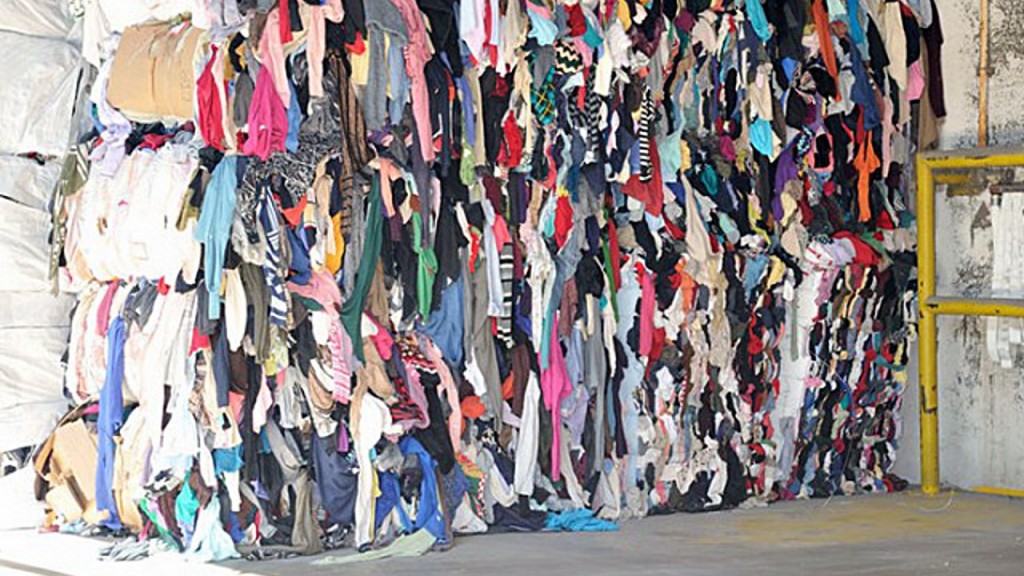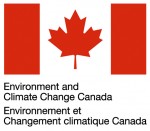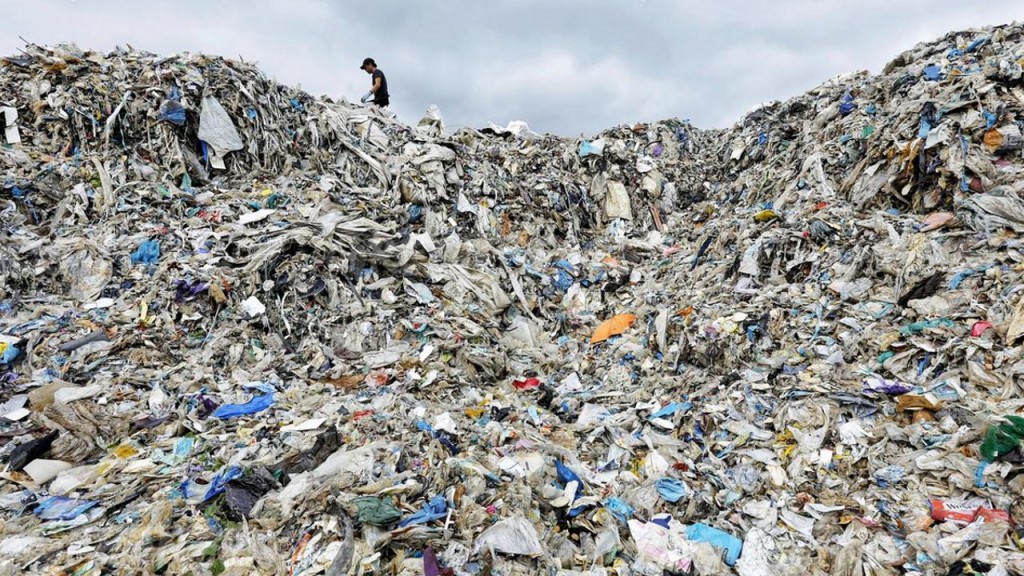Plastics and textiles recycling innovators are recipients of grants supporting made-in-Canada solutions

The Canadian government has a comprehensive plan to achieve zero plastic waste by 2030, an initial part of which is a ban on certain harmful single-use plastics. On March 5th, the Minister of Environment and Climate Change, the Honourable Jonathan Wilkinson, announced four winners of the latest Canadian Plastics Innovation Challenges.
These small and medium-sized Canadian companies will each receive up to $150,000 toward developing their solutions to address plastic waste:
• Magemi Mining Inc., in Markham, Ontario, is developing a durable recycled paper to serve as a sustainable alternative to plastic packaging like grocery bags.
• CACITH Inc. (Tengiva), in Montréal, Quebec, is creating a network of recyclers to quantify textile waste and find new markets for otherwise wasted materials.
• Met-Tech Inc., in Burlington, Ontario, is developing a low-cost process to recycle more textile waste such as clothing.
• Singular Solutions Inc., in North York, Ontario, is developing a biosustainable additive that will cause plastic textile waste to biodegrade in long-term-composting landfill facilities.
The Canadian Plastics Innovation Challenges are part of the Innovative Solutions Canada program. The Challenges target plastics sectors that generate some of the greatest quantities of plastic waste and show the greatest opportunity for impact and innovation. These challenges are part of the Government of Canada's commitments to reduce plastic waste, while growing the economy and creating good jobs.
"The Government of Canada is pleased to support made-in-Canada solutions to plastic waste and pollution," said the Honourable Jonathan Wilkinson, Minister of Environment and Climate Change. "Small businesses are key partners in achieving Canada's vision of a zero-plastic-waste future by 2030. By working together, we can create a cleaner future, while growing the economy and creating good jobs."
According to Maria Christova, Financial Services Lead, Magemi Mining Inc., "There is a unique opportunity for two of Canada's emblematic industries, mining and forestry, to join forces and leverage the rapid innovation in graphene technologies to bring forward to Canadian households graphene-enhanced paper products, which are biodegradable, recyclable, and extremely durable.
"We are very proud to have this nanotechnology project that creates equal opportunities for cross-industry apprenticeship and research and which will engage Indigenous communities while helping Canada to achieve its vision of a zero-plastic-waste future."
Annie Cyr, CEO and Co-founder, CACITH Inc. commented, "We are proud to be supported by the Canadian government in our mission to develop an innovative digital solution to reduce textile plastic waste. Textile based plastics, such as nylon and polyester represent more than 50 percent of global textile production. Due to collection, distribution, and identification complexity, most end up in landfills or are incinerated.
"Through our proposed solution, the Recyclers Network, we will connect textile plastic wastes with recycling facilities, providing the recyclers with a stable supply and an alternative to landfills worldwide. Our goal is to position Canada as a leader in the global efforts to reduce plastic waste."
"It is with the grateful support of the Innovative Solutions Canada Program that Met-Tech is now able to focus innovative technology on eliminating key roadblocks preventing the recycling of waste textiles and the commercialization of high value-added cellulose and starch-based polymer materials," said Norm Rathie, President, Met-Tech Inc. "If successful, this support will help Canada become a world leader in sustainable, low-carbon-footprint technology while simultaneously contributing to the reduction in materials ending up in landfills and our environment."
Finally, Alex Mann, Vice President, Singular Solutions Inc. said, "We are very proud to implement the patent-pending Canadian patented BioSustainable Additive technology, created with support from NRC-IRAP, into this exciting new project aiming to give new life to synthetic textile waste as topsoil quality compost.
"The project will be executed by a Singular Solutions team, create new employment opportunities, and enable Singular Solutions to grow economically. The project's success will mean that mixed textiles, as well as post-consumer and medical plastic waste streams from landfills, will be diverted back into a use cycle, bringing us closer to a circular economy and will showcase our commitment to creating a sustainable environment."
Quick facts about waste plastics
• Every year, Canadians throw away three million tonnes of plastic waste, the equivalent of throwing away about 570 full garbage bags every minute. Only 9 percent of that waste is recycled, which means the vast majority of plastic waste ends up in landfills, and about 29,000 tonnes finds its way into our natural environment annually.
• In Canada, there is currently very limited collection and recycling of textiles like clothing, meaning about 93 percent of plastic-textile waste ends up in landfills.
• The plastic we throw away represents about $8 billion in lost revenue every year.
• By improving how we manage plastic waste, we can reduce 1.8 megatonnes of carbon pollution per year, generate billions of dollars in revenue, and create approximately 42,000 jobs.
• Innovative Solutions Canada has launched fifteen plastics challenges to date, committing nearly $19 million to support Canadian innovators and small and medium-sized businesses.



